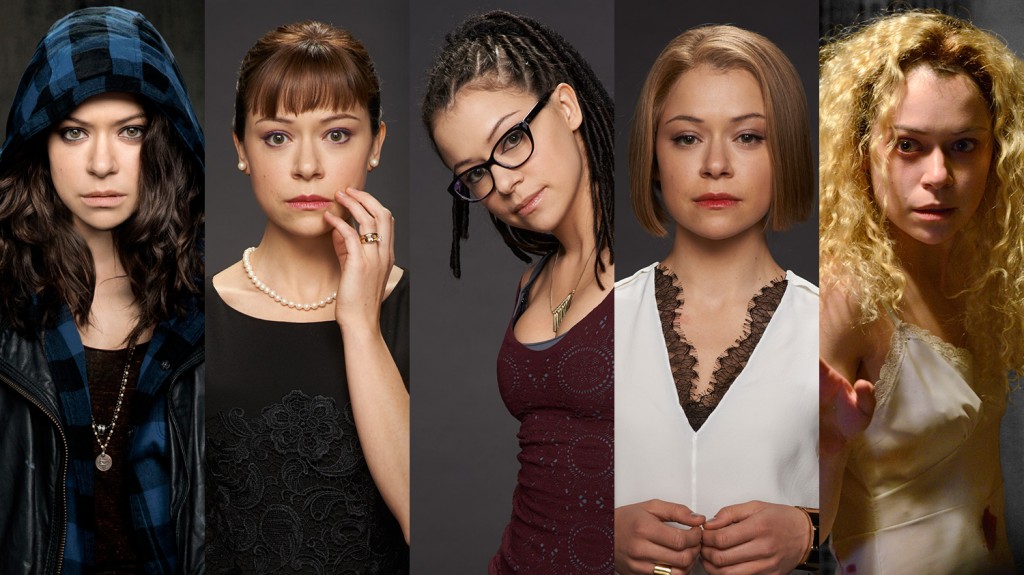Orphan Black came to an incredible season finale earlier today, full of surprises and plot twists that even the most rabbit fans did not see coming. Viewers are left with more questions than answers, new mysteries to solve, new relationships to obsess over, and like any self-respecting modern show, Orphan Black season three did not end without some traumatizing deaths either.
Soon after the event, co-creators John Fawcett and Graeme Manson started talking to the press, offering valuable inside into a finale heavy on mother-daughter relationships, and already sharing part of their plans for season four.
John Fawcett, who also directed the season three finale, said in an interview that he is a fan of happiness but that happiness isn’t always as effective as a tragic love story. It’s the reason why the rest of the creative team felt it was necessary to kill both Delphine and Paul this season.
However, he was quick to point out that anything is possible on this show, and while Paul is definitely dead, Delphine’s fate is a little more open to interpretation for the time being. He wants audiences wondering whether or not she is really dead, but he also hinted that her and Cosima’s story is a very tragic one.
The director explained that the final moments of season three were lighter in tone because the creatives felt it was important for their characters to have resolution and an emotional ending after everything that they’ve been through for the past ten weeks. They were also compelled to make the decision as it allows them to have a bit of a reset at the beginning of season four.
He informed that he and Manson have always wanted to have the Neolutionists as the ultimate antagonists. When they dropped their name back in season one it wasn’t just coincidence, they were paving the way for the story to be told in later seasons.
Same goes for Rachel’s living mother, Dr, Susan Duncan. She is an integral part of the mystery surrounding “the explosion in the lab, Dr. Leekie and the Duncans and young Rachel”, and the duo were always planning on telling that story as well.
Fawcett revealed that one of the reasons why Orphan Black expects their audiences to be engaged in the story and doesn’t talk down to them is that the main source of inspiration for the show is Christopher Nolan’s Memento. Neither are experiences that you can watch passively.
When, asked about the worm crawling out of Dr. Nealon’s mouth, the co-creator said that “it’s good to have something sick and gross”. He loves the quick pace of the scene, with the show only taking a few minutes to go from revealing that the Neolutionists are the real bad guys, to informing audiences that Dr. Nealon is one of them, to him strangling Delphine and a wormlike creature coming out of him, and him trying to shove it down Delphine’s mouth. The mystery will be further investigated in season four.
Fawcett also talked about the magnificent dinner scene where the four main clones sat around the table, and explained how it was born out of a deliberate decision to surpass the dance scene from season 2. He compares it the Last Supper, and says it had a great number of technical complications, however he liked it because it stressed the idea of family.
The scene took two (2) days to shoot, and they did two (2) clones per day. He used technodolly motion control angles to move around the table, and Kevin Hanchard (Art) was only available for only one day of shooting due to a previous commitment, so Fawcett had to work around that. His favorite memory is that Tatiana improvised the moment where the other clones are asking Helena about the cake that she baked for the party.
Image Source: blastr.com


Leave a Reply
You must be logged in to post a comment.